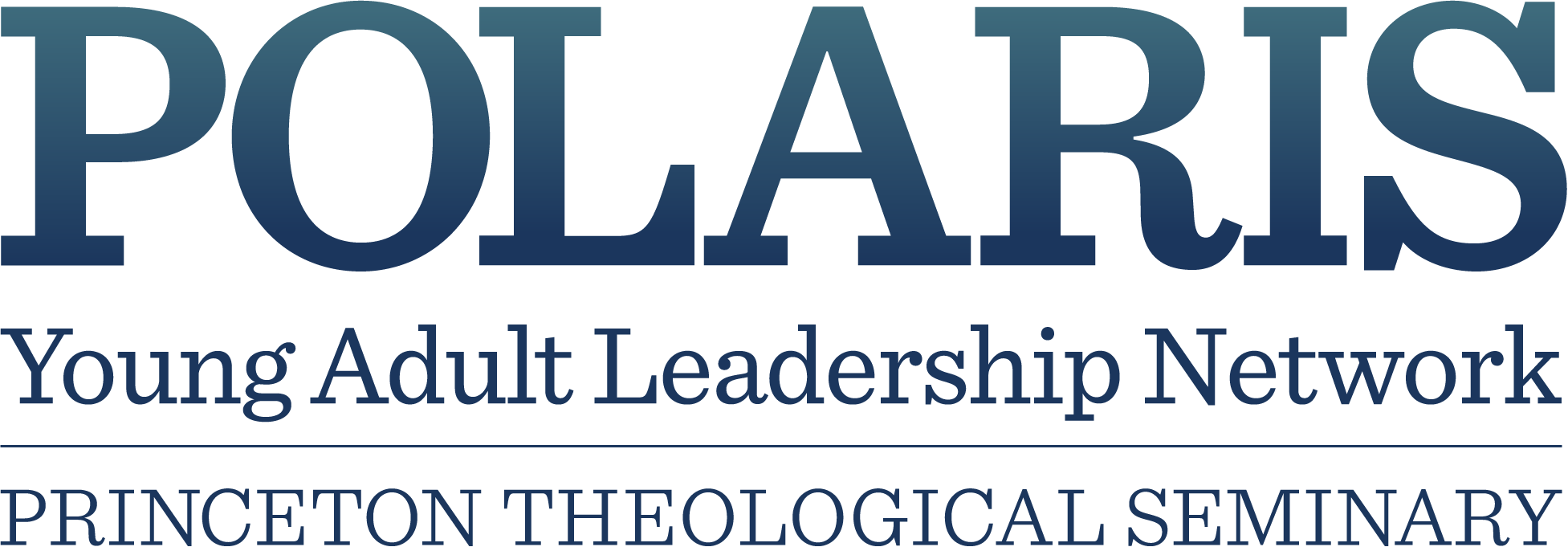By Nathan Longfield
February 26, 2025
Listen to this post.
Imagine a church where you walk in, and the space, setup, and ethos seem designed for you. It’s welcoming and invites you into meaningful relationships with the community… What would it look like? What sort of innovative practices would fuel that, would help your church (and the church generally) faithfully answer God’s call to be a community and be in relationship in life together?
A central call of the church is to invite people into community and foster relationships. This is the call that I strive to answer in the two communities I serve, both of which function in rather unique ways. The first is a newer worshipping community that we started in 2022 called Emmaus Church. It is a church for the dechurched and focuses on radical hospitality, being a space that welcomes questions, and seeks to serve those with complicated and various relationships with the church. My other congregation has existed for 54 years, and I have been serving it for a few months. Founded and originally located at a now-defunct drive-in movie theater, Woodland Drive-In Church is a congregation where the members drive in and largely stay in their cars. I and others lead worship from a platform in front with songs, the sermon, and other worship pieces of the service being broadcasted on the radio in participants’ cars or on radios for those that sit outside.
In both of these contexts innovation is key. Emmaus was founded with a spirit of innovation—trying different rhythms and styles of worship, constantly engaging new ideas, and being willing to try new and creative things. One of the advantages of a new worship space is that you do not have to worry as much about disrupting the status quo (at least within your congregation) since there is no status quo to disrupt. At Woodland Drive-In, while it was an innovative (though not truly unique) concept when it was founded, after 54 years, there continues to be a practice of and need for innovation as it navigates being a drive-in church in the 21st century.
Innovation in the church is not—and cannot be—change just for the sake of change. I do not necessarily engage with practices and innovation to create something flashy or new. Rather, when I consider what ministries and approaches, we should engage in both churches, I lean heavily into rich church tradition. Particularly at Emmaus, we have included historically rooted practices and liturgies of the church in our worship, be that sacraments, scripture, prayer, worship, or an ever-evolving array of practices.
All of my ministry is driven by an undergirding value of radical hospitality. The focus on radical hospitality, just like prayer practices, beautiful liturgy, and the sacraments, is not new in the church, but rather harkens back to some of the church’s most historic and rich practices. In Acts, we hear accounts of how the church ate together and how the table was central. In the early days of the church, witnessed to in scripture and in church history, we see the relational nature of the church, and how the church strived to be a hospitable space, removing unnecessary barriers to entry and creating spaces that welcomed people in. However, the historic nature of these practices does not necessarily make them a focus of many churches today. The church has always been called to be a hospitable space, and many churches will say that hospitality is a deep value. But there is an even more radical level of hospitality that we need in the church and that drives much of my innovation.
As a young millennial, I have a deep familiarity with both the millennial and Gen Z experiences of church. In their recent book The Great Dechurching, Jim Davis and Michael Graham explore the dechurching phenomenon in the United States and, for many in my generation and the next, a lack of hospitality is a large cause of their dechurching experience and journey. The stories I have been privileged to hear of a lack of hospitality range dramatically, but include not having food that everyone can eat due to allergies or dietary preference, people not being welcomed in because they do not fit the “model” of the church—such as being unmarried or without children—or people being excluded, implicitly or explicitly, due to physical or intellectual disabilities, emotional needs, and a number of other causes. As with most things, we cannot delineate the dechurching experience down to a single, or even a handful, of causes. Rather, what leads people to being dechurched, or on the road to being dechurched, varies dramatically. This variance is also why relationship and hospitality are so important, because they allow us to reach and serve each individual where they are rather than assume someone’s stories, needs, or experience.
So, what does radical hospitality mean? My understanding of radical hospitality includes doing everything we can to ensure that our space, worship, and everything else is designed in such a way as to make a person feel deeply welcomed in a space even if we may not know what is needed to make them feel welcomed.
To put some meat (pun very much intended) on this idea: one way that we strive to live into radical hospitality at Emmaus, and are working towards as I get my footing at Woodland Drive-In, is food. Something that we have noticed and encountered at several churches, at least in our area of Michigan, is that while food may be a value with after-church snacks or mid-week meals, for many churches being intentional about accommodating food allergies and preferences is not a deep value. We’ve been surprised to hear many stories around food inhospitality as we’ve established Emmaus. We are honored to hear a thankfulness for our approach to food hospitality, including from guests who do not experience that hospitality when they go back to their hometown and church. A lack of food hospitality at other churches has pushed people out of spaces since they couldn’t attend community events. Even when they asked the church to work with them or they offered to bring and help facilitate it themselves, the church had no interest in changing to practice basic—let alone radical—hospitality.
So, what do we do? First, our Communion loaf is gluten, dairy, egg, soy, and nut free (and vegan friendly), so that all can partake of one communal loaf. We find this practice to be immensely important in large part because it does not single out those who have a dietary need or preference by sending them to a separate station to partake or sending them take a papery wafer rather than a beautiful loaf. This loaf is also, contrary to common expectations, amazingly delicious, as a member of our leadership team is incredible at making food that accommodates allergen needs (you can find the recipe here). This approach to the Lord’s Table extends to every table we gather around, making sure there are allergen friendly options, and that all food is well labeled so people know what their options are and, while welcoming questions, we do not put the onus on them to ask. At Emmaus, we eat a meal after every worship service, and in that, we strive to ensure that we offer a complete meal that accommodates all needs.
Innovative ministry does require creativity and engaging practices that may seem risky. But it also can and should mean engaging the rich history and tradition of the church in practices that convey, display, and are rooted in radical hospitality. The church is called to be a place that invites people into community and relationship. If we can innovate in ways that help nurture authentic community, relationship, and belonging; be mindful of what our community needs; walk with each other in—as we put it at Emmaus—the good, the bad, and the mundane of life; and work to serve and love each other, then we can prayerfully and joyfully engage in innovation as we seek to love God and neighbor.
___________________________________________________________________
 Rev. Nathan Longfield
Rev. Nathan Longfield
Nathan Longfield is a minister of Word and Sacrament serving a new worshipping community called Emmaus Church in Holland, Michigan, as well as Woodland Drive-In Church in Grand Rapids, Michigan. Nathan lives in Holland with his wife Tori, who serves on the faculty at Hope College as the digital liberal arts specialist, their dog, and their young son. Outside of being a pastor, Nathan enjoys spending time with family and friends, playing ultimate frisbee, tennis, and tabletop games, and is a die-hard Cubs fan.

